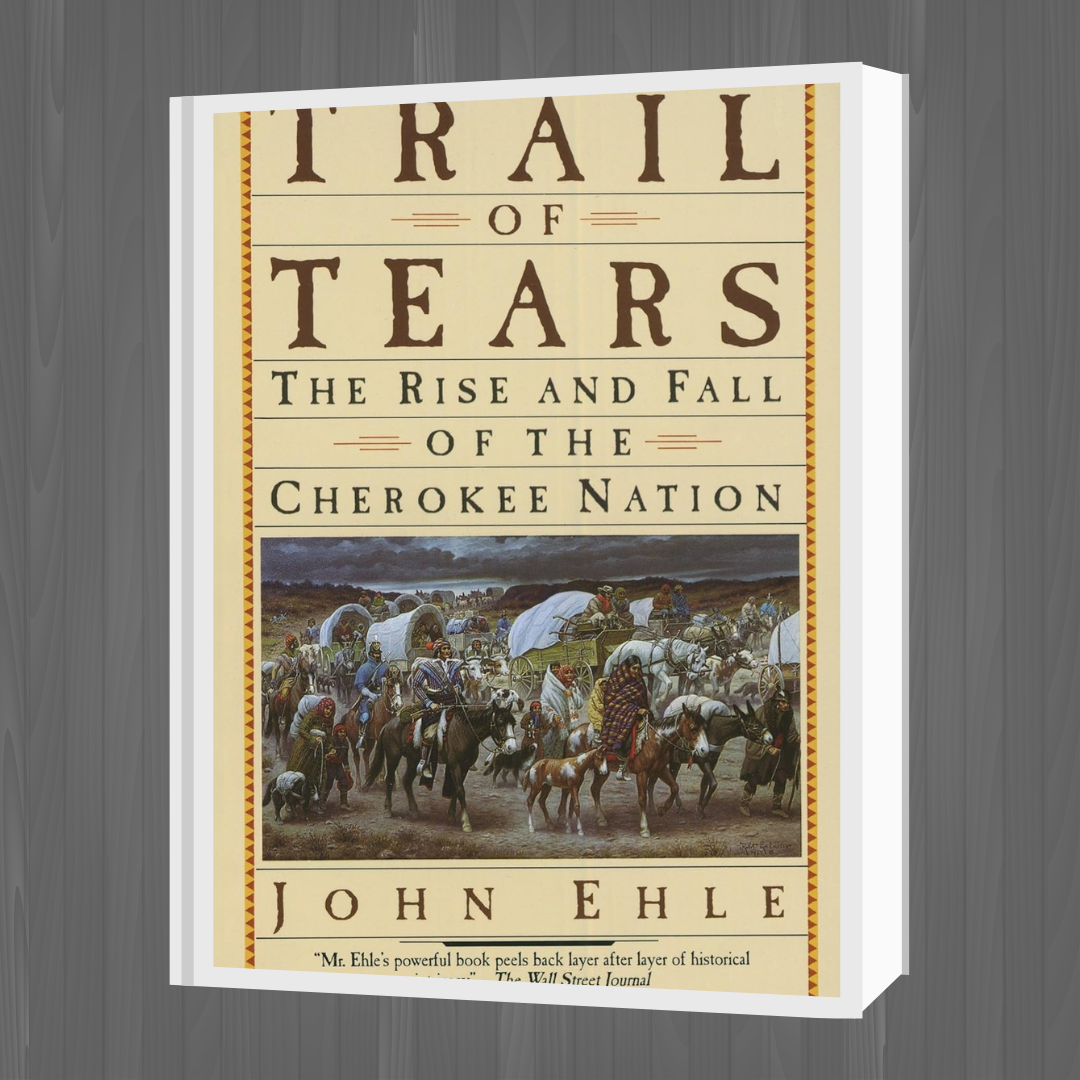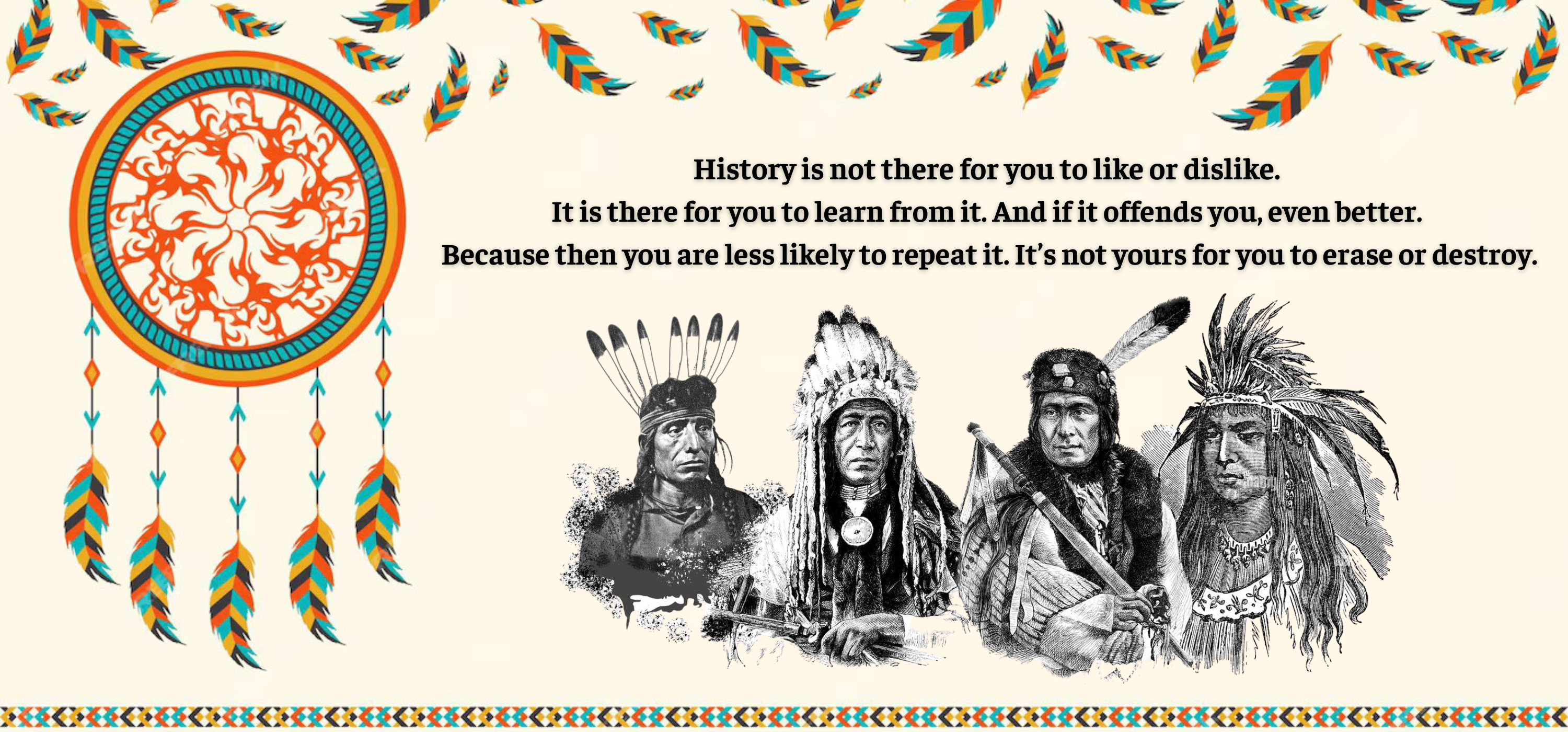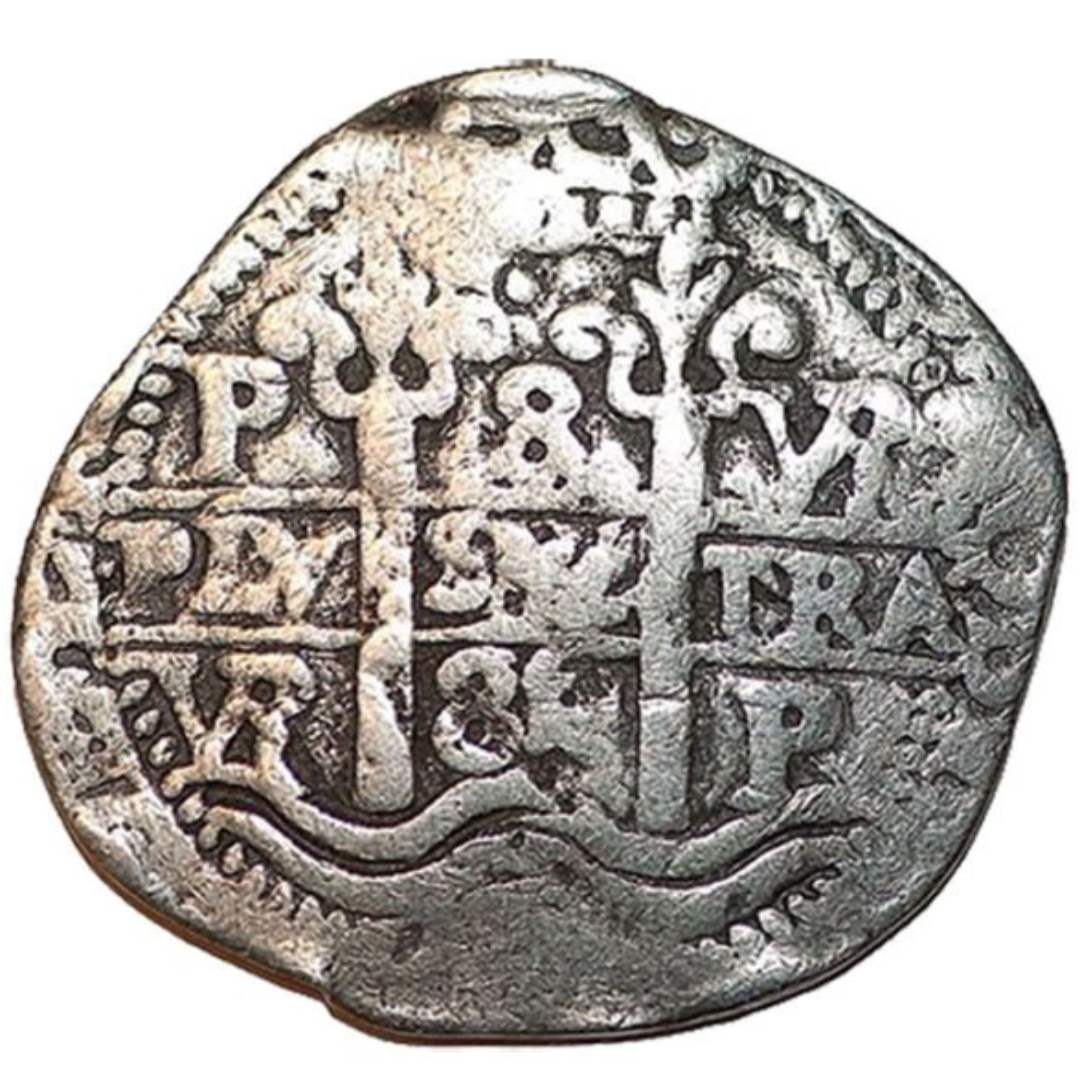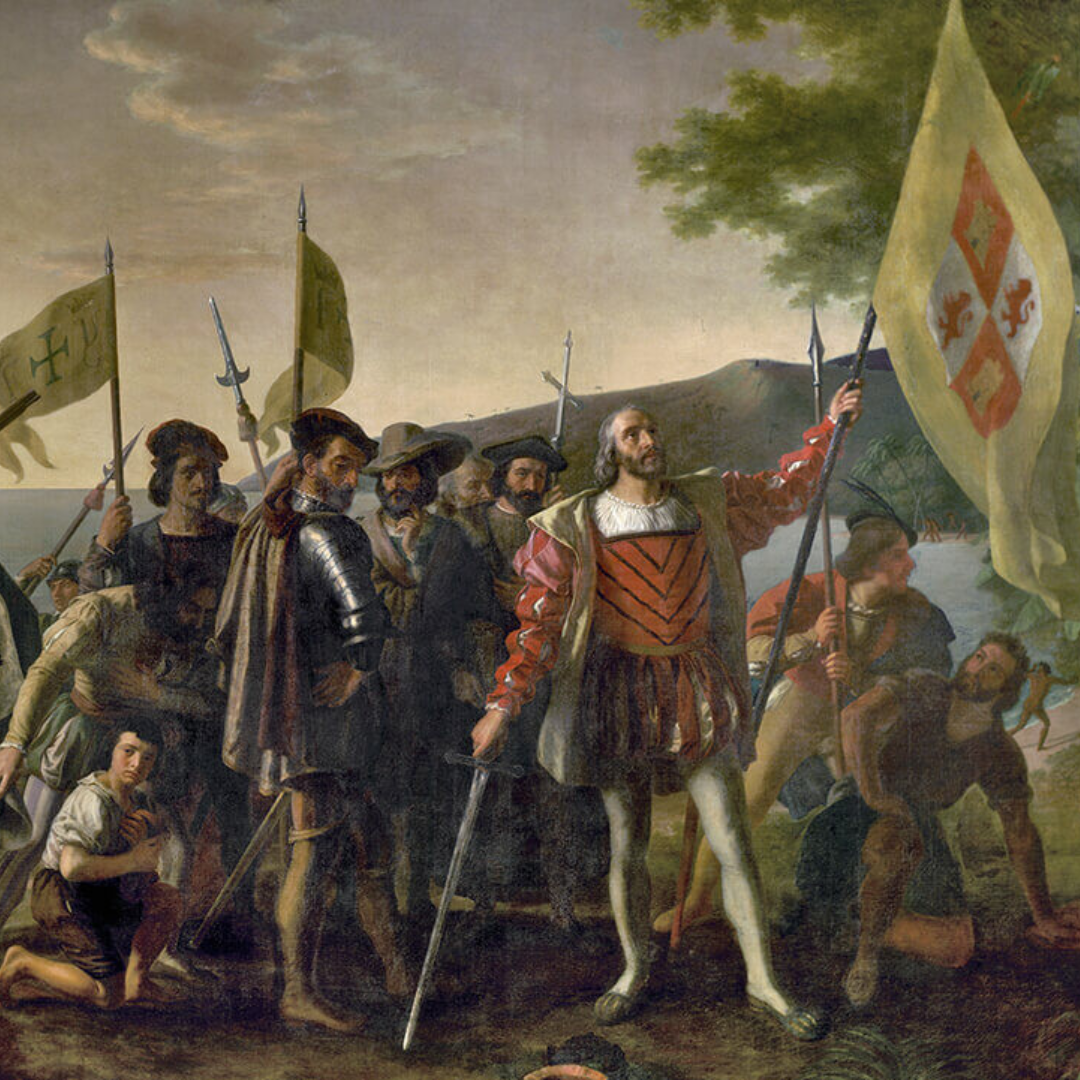Trail of Tears: The Rise and Fall of the Cherokee Nation - PDF
Trail of Tears: The Rise and Fall of the Cherokee Nation - PDF
Tax included. No shipping required.
Couldn't load pickup availability
 213 Downloads - 650 Pages
213 Downloads - 650 Pages
 Multi-Device Compatibility
Multi-Device Compatibility
 24/7 Customer Service
24/7 Customer Service
A sixth-generation North Carolinian, highly-acclaimed author John Ehle grew up on former Cherokee hunting grounds. His experience as an accomplished novelist, combined with his extensive, meticulous research, culminates in this moving tragedy rich with historical detail.
The Cherokee are a proud, ancient civilization. For hundreds of years they believed themselves to be the "Principle People" residing at the center of the earth. But by the 18th century, some of their leaders believed it was necessary to adapt to European ways in order to survive. Those chiefs sealed the fate of their tribes in 1875 when they signed a treaty relinquishing their land east of the Mississippi in return for promises of wealth and better land. The U.S. government used the treaty to justify the eviction of the Cherokee nation in an exodus that the Cherokee will forever remember as the “trail where they cried.” The heroism and nobility of the Cherokee shine through this intricate story of American politics, ambition, and greed.


Book available on all devices!

Potatoes and the Agricultural Revolution
The introduction of the potato from the Americas transformed global agriculture by increasing food security and fueling population growth, especially in Europe and China. However, its monoculture also led to vulnerabilities, as seen in the Irish Potato Famine. Mann highlights how a single crop reshaped economies, migration patterns, and national stability.

Silver from South America and the Birth of Global Trade
Silver from South America, particularly Potosí, became the backbone of the first global trade system, linking the Americas, Europe, and Asia. Spain financed its empire with silver, while China’s economy increasingly depended on it. However, this economic boom relied on forced labor and led to severe environmental degradation, showing the exploitative nature of early globalization.

The Rise of Slavery and Plantation Economies
The demand for crops like sugar and tobacco fueled the transatlantic slave trade, making plantations central to colonial economies. Enslaved Africans not only provided labor but also shaped the cultural identity of the Americas. The plantation system drove deforestation, soil depletion, and economic inequality, illustrating how early globalization thrived on exploitation.

Diseases and Ecological Disruptions
European diseases wiped out up to 90% of Indigenous populations in the Americas, making conquest easier. The introduction of livestock, invasive species, and new agricultural practices transformed ecosystems. Mann emphasizes how globalization was not just economic but also biological, permanently altering human and environmental history.
Frequently Asked Questions
What is the main focus of 1493?
1493 explores the global impact of the Columbian Exchange, the widespread transfer of plants, animals, people, ideas, and diseases between the Americas and the rest of the world after Christopher Columbus’s voyages. Mann emphasizes how this exchange reshaped economies, environments, and cultures across the globe, creating the first truly interconnected world.
How does 1493 differ from Charles C. Mann’s previous book, 1491?
While 1491 examines the Americas before European contact, 1493 focuses on the aftermath of Columbus’s voyages and the profound global transformations that followed. 1491 sheds light on indigenous cultures and civilizations, whereas 1493 looks at the worldwide consequences of their encounter with Europe, Africa, and Asia.
What are some key examples of the Columbian Exchange discussed in 1493?
Mann discusses the introduction of crops like potatoes, tomatoes, and maize from the Americas to Europe and Asia, as well as the spread of diseases like smallpox and malaria to the Americas. He also explores how the movement of people, including enslaved Africans, reshaped societies and economies, especially in the Americas and Europe.




